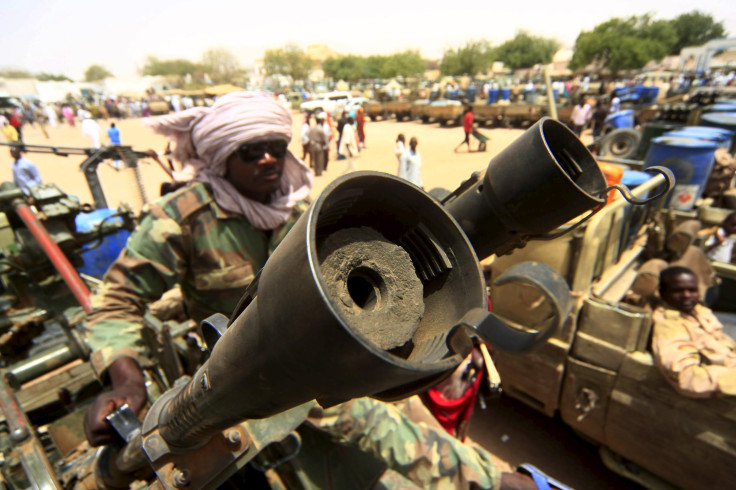South Sudan News: American Charity Workers Kidnapped By Rebels

Rebels in South Sudan’s civil war kidnapped eight locals working for a U.S. charity Monday. Aid in the form of food deliveries were being demanded as ransom. Roughly one million people were at risk of starvation in South Sudan as its military developed a “scorched earth” method of warfare in its five-year civil war, destroying a tremendous amount of crops in rural villages across the country to deplete rebel forces of their food supplies, the United Nations reported March 6.
The aid workers for the American charity Samaritan’s Purse, an evangelical Christian International Relief organization based in Boone, North Carolina, were taken from an agrarian village by the central town of Mayendit, which is roughly 420 miles northeast of the capital city, Juba.
Read: World Hunger 2017: South Sudan Declares Famine, How To Help The Millions In Need Of Food Through Donations And Volunteering
As famine looms, millions are in urgent need of aid in #SouthSudan, #Nigeria, #Yemen and #Somalia. How you can help: https://t.co/NpB1gzpObG pic.twitter.com/pk4vDcrWlo
“The rebels attacked and abducted eight local staff from Samaritan's Purse and they are being held to ransom. They have demanded that the organization takes aid to them," South Sudan Brigadier General Lul Ruai Koang told Reuters.
Rebel militants attacked, looted and set fire to several government buildings in the same oil-rich Bieh region Sunday, resulting in more than 23 deaths and 56 injuries.
The civil war in South Sudan began in December 2013 due to a political rivalry between South Sudan President Salva Kiir, who is a Dinka, which is the country's largest ethnic group, and his former Vice President Riek Machar, who is a Nuer, the second largest ethnic community. Ethnic cleansing efforts have resulted in tens of thousands of people being killed and 1.5 million fleeing the East African nation, according to a seven-month inquiry by the U.N. Commission on Human Rights into the armed conflict. The number of deaths that have resulted from Sudanese government soldiers intentionally starving and bombing ethnic minority communities is nearing genocide, the U.N. reported.
UN peacekeepers have been stationed in South Sudan since 2011, when the country won its independence from Sudan. There were 13,000 UN soldiers and police in the world's youngest country, which remains one of the poorest.
Safety among aid workers has become an increasingly serious issue amid international charity employees being targeted in the wars in Syria and Yemen. A court in Oslo found the Norwegian Refugee Council guilty of gross negligence in 2015 over its treatment of the kidnapping of Steve Dennis and three other staff members in Dadaab, Kenya in 2012. The court decision said the Norwegian Refugee Council was liable for the physical and psychological injuries Dennis received after he was kidnapped for four days and shot in the leg, the Guardian reported Dec. 5, 2015.
© Copyright IBTimes 2025. All rights reserved.






















